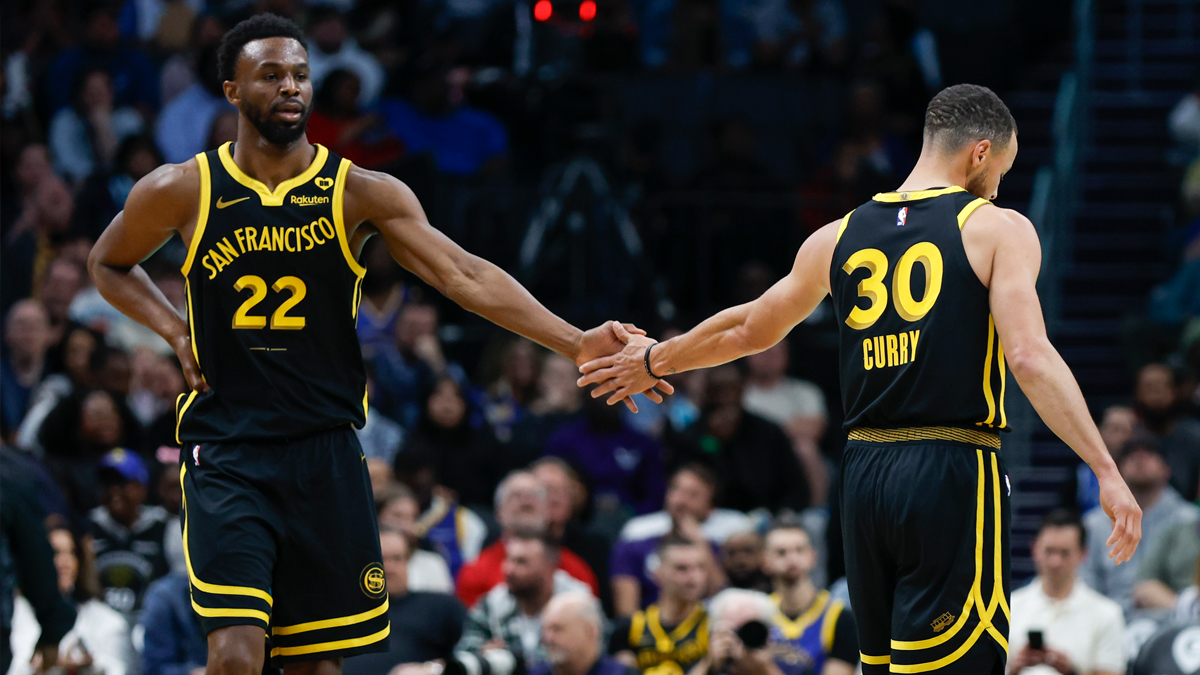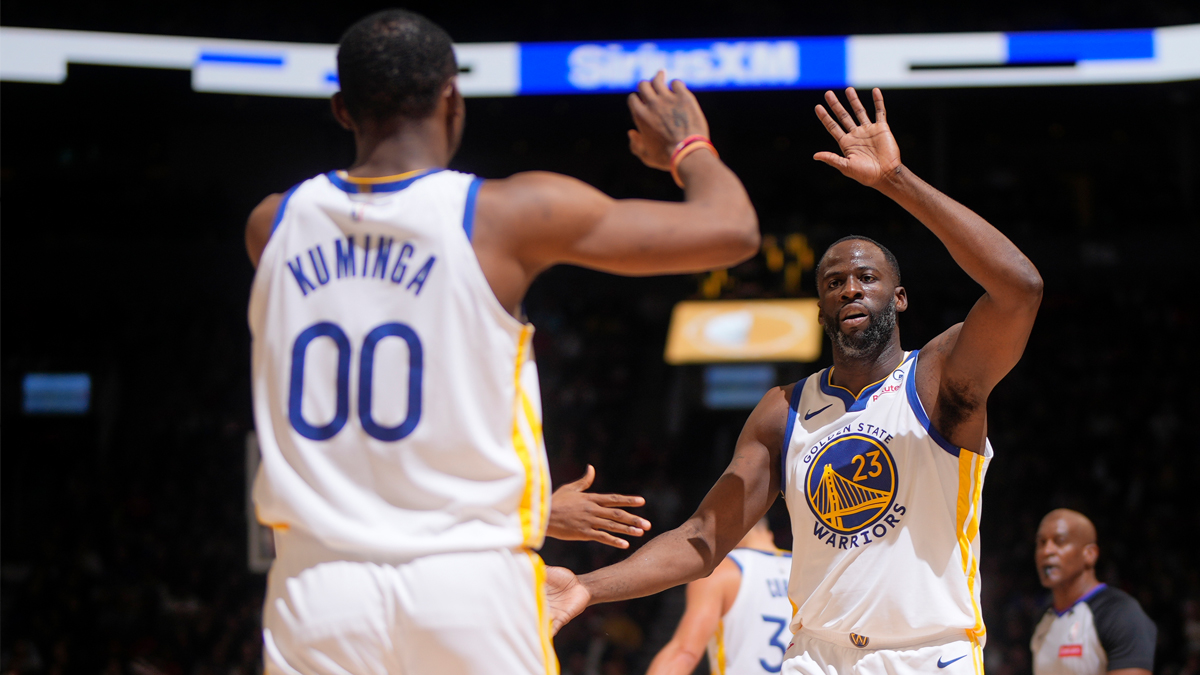The Oakland Raiders are trying to take the pep out of their cheerleaders' class action unfair labor lawsuit against the football team.
In court papers (PDF) filed Friday, the Raiders' lawyers asked Alameda County Superior Court Judge Wayne Carvill to put the cheerleaders' lawsuit on hold and force the two Raiderette plaintiffs -- Lacy T. and Sarah G. -- to plead their case directly to NFL commissioner Roger Goodell, rather than a judge.
The formal request -- the first time the team has issued a public response to the cheerleaders' lawsuit -- aims to compel a forced arbitration, something the cheerleaders' legal team says is shocking, skewed and biased.
But the Raiders say that's what the cheerleaders agreed to when they signed up for the job.
“Both [plaintiffs] signed written employment agreements stating that ‘all disputes’ they have with the Oakland Raiders shall be subject to binding arbitration through the National Football League,” wrote attorney David J. Reis on behalf of the team. Raiderettes, he said, “are not entitled to seek redress in a court of law for any of their claims.”
Arbitration does not occur in open court, and the results cannot be challenged or appealed. According to the NFL Football League Dispute Resolution Procedural Guidelines, (PDF) the commissioner does "not have to apply the rules of evidence used in judicial proceedings," among other procedures.
9.2 The Commissioner is not required to apply the rules of evidence used in judicial proceedigs; provided~ however, that the Commissioner shall apply the attomey-client privilege and the attorney ' 9.3 Witnesses may be questioned by each party and by the Commissioner. The Commissioner may receive and consider the evidence of witnesses by affidavit or deposition, but shall give such evidence only such weight as he deems it warrants. 9.4 The Commissioner may, exclude witnesses from hearings during the testimony
The Raiders' lawyers, from the San Francisco firm, Arnold & Porter, also state that the NFL's rules require the women to submit their claims individually, rather than a class action, which they filed in January.
A hearing has been scheduled for April 30.
The attorney-team for the cheerleaders are appalled.
Leslie Levy, of Oakland's Levy Vinick Burrell Hyams, acknowledged the two Raiderettes signed the contract insisting arbitration. But in an interview with NBC Bay Area, Vinick said that is "just one more illegal clause of the contract. The commissioner is biased and there are no safeguards built in to assure they have a fair hearing. His salary is paid by the teams we are suing."
In January and February, two cheerleaders sued (PDF) the Raiders claiming the club pays Raiderettes for only a fraction of the hours they practice and perform, withholds pay until the end of the season, does not pay overtime, and forces the cheerleaders to pay many of their own business expenses out of the low wages they earn.
The women said they earn $125 a game, or $1,250 a season, and with all the extra hours they put in on practices and required charity events, end up earning less than $5 an hour. The U.S. Department of Labor began investigating the claims after the lawsuits were filed. But on Wednesday, spokesman Jose Carnevali said the investigation was closed. "The department does not have jurisdiction in this case," Carnevali wrote in an email. "Investigators established the employer met the exemption criteria regarding receipts under the Fair Labor Standards Act."
Levy countered that she's disappointed but not surprised because "federal law offers far less protection than California law, which is more worker friendly." The cheerleaders' suit was filed in state court for that reason, Levy said.
Sports
The lawsuit against the Raiders was followed shortly by a similar lawsuit against the Cincinnati Bengals on behalf of a member of their cheerleading squad, the Ben-Gals, who also seeks to bring the case as a class action.
Levy's partner, Sharon Vinick said in an earlier interview that Raiderettes finally came forward with a lawsuit because they love cheerleading but don't think it's fair to be sorely underpaid. She said it took a lot of guts to do what they're doing: "It's like a sisterhood and they're told, 'Don't break the ranks, this is an honor.' "
The Raiderettes want to be cheerleaders, Levy said, because it is indeed fun, athletic and a great outlet for dancers to work.



